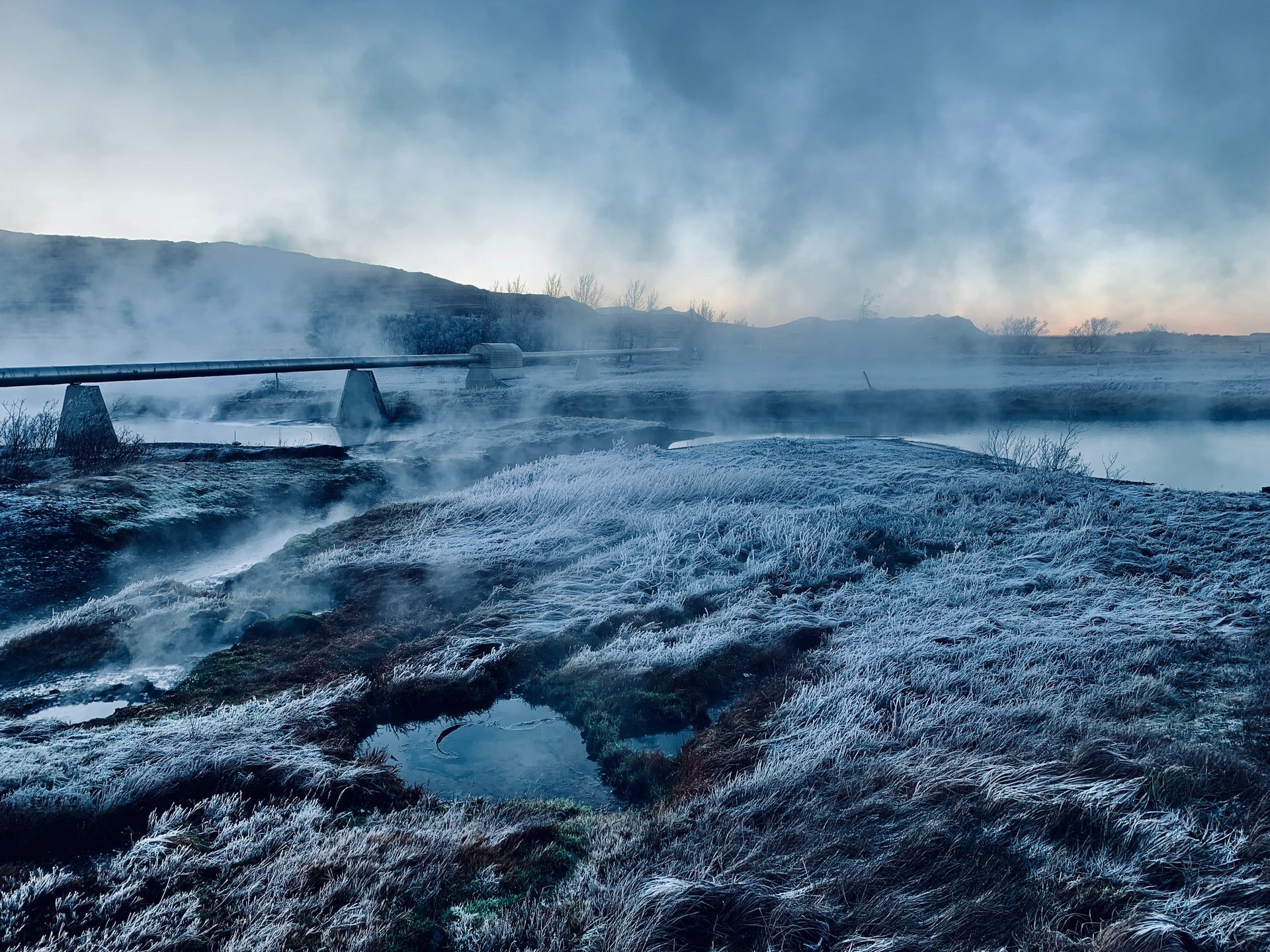Governments around the world have put out a call to transition the world's energy consumption from fossil fuels to renewables. As renewable energy costs have sunk below the costs of fossil fuels, renewable energy resources are primed to proliferate at an accelerated rate. One abundant renewable resource for both electricity and direct heat consumption is geothermal energy. Accessing just the top 10 kms of the Earth’s crust, this energy resource could supply global energy needs for millions of years. As most of the Earth is hotter than 1000°C, the required heat is being replenished continually. As heat accounts for ~50% of global energy consumption (more than electricity and transportation combined), geothermal energy provides a variety of synergistic solutions for the energy transition, which also support the proliferation of other renewables.
Although geothermal energy has a massive potential, there are still many things required to ensure its proliferation. This community exercise looks into how we can ensure and accelerate this proliferation, while preventing unnecessary project failures along the way. After an overview of these aims and a variety of methods and issues, participants have the opportunity to identify and rank the impact of:
Methods that have contributed to the success of geothermal projects in the past.
Issues that have contributed to the failure of geothermal projects in the past.
Methods that are likely to increase/accelerate the success of geothermal projects in the future.
Issues that are likely to decrease/halt the proliferation of geothermal energy in the future.
SIGN UP VIA EMAIL IS NOW CLOSED BUT
you can still join in the event by jumping on the Software Underground slack channel here: https://swung.slack.com/archives/C01S3HZP1K5
Alex Hobé is a geothermal scientist currently finishing a PhD at Uppsala University Sweden. After trading in his career in professional dance for a scientific career, he has looked into many aspects of geothermal energy, e.g., spallation drilling, subsidence modelling, reactive transport, and uncertainty quantification for fluid flow simulations – the results of his work at the ETH Zurich: “Estimating fluid flow rates through fracture networks using combinatorial optimization” were published in Advances in Water resources in 2018.
Alex is now working on characterizing geothermal sites on the Reykjanes Peninsula, Iceland, using geophysical methods (ResearchGate, GoogleScholar).


